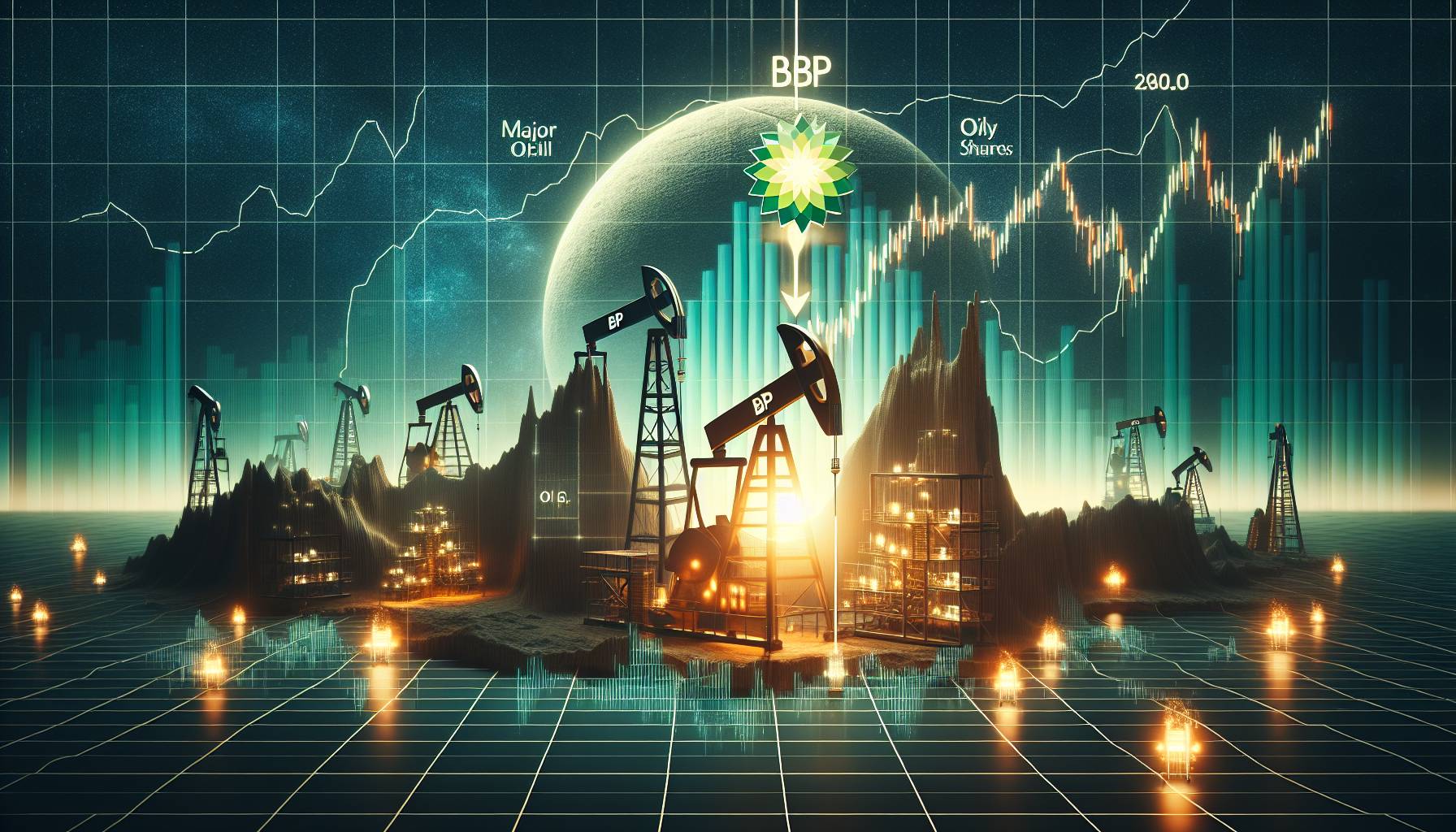Forex Markets Steady Ahead of Mid-Tier US Data
market trends and analysis Conversations in trading circles indicate that retail investors have become more active, taking advantage of the lower entry points presented during last week’s downturn. However, the professional forex traders are treading carefully, prioritizing risk management strategies and closely watching the Reserve Bank of Australia’s moves for any signals of policy shifts.
FxPro Expands Trading Options with CFDs on Figma Stock
introduction of Figma stock for CFD trading The expansion of trading options with Figma stock not only reinforces FxPro’s position as a leading broker but also provides Australian traders with access to a broader range of assets, enabling them to exploit market movements and trends more effectively.
Forex Update: Markets Steady Ahead of Crucial US Data
Understanding limitations Ultimately, respecting boundaries is about fostering a culture of mutual respect and understanding between technology providers and users. It encourages a collaborative approach, where both parties work together to determine what is possible and appropriate within the given constraints.
XTX Executives to Testify in Currenex Misconduct Lawsuit
Court order details In a significant development, the Court has mandated that XTX executives Alex Gerko and Zar Amrolia participate in depositions related to a lawsuit alleging foreign exchange manipulation by Currenex. This ruling marks a critical phase in the ongoing legal proceedings, as the depositions will delve into the executives’ roles and actions within the framework of the alleged misconduct.
Forex Today 05/08 Increased Likelihood of September Fed Rate Cut
Market reactions to US jobs data Ultimately, the anticipation of a Fed rate cut is reshaping strategies across the board, pushing traders to adapt swiftly to these potential shifts in the financial landscape. As events unfold, the interconnectedness of global markets remains evident, with Australian traders poised to leverage these developments to their advantage.






